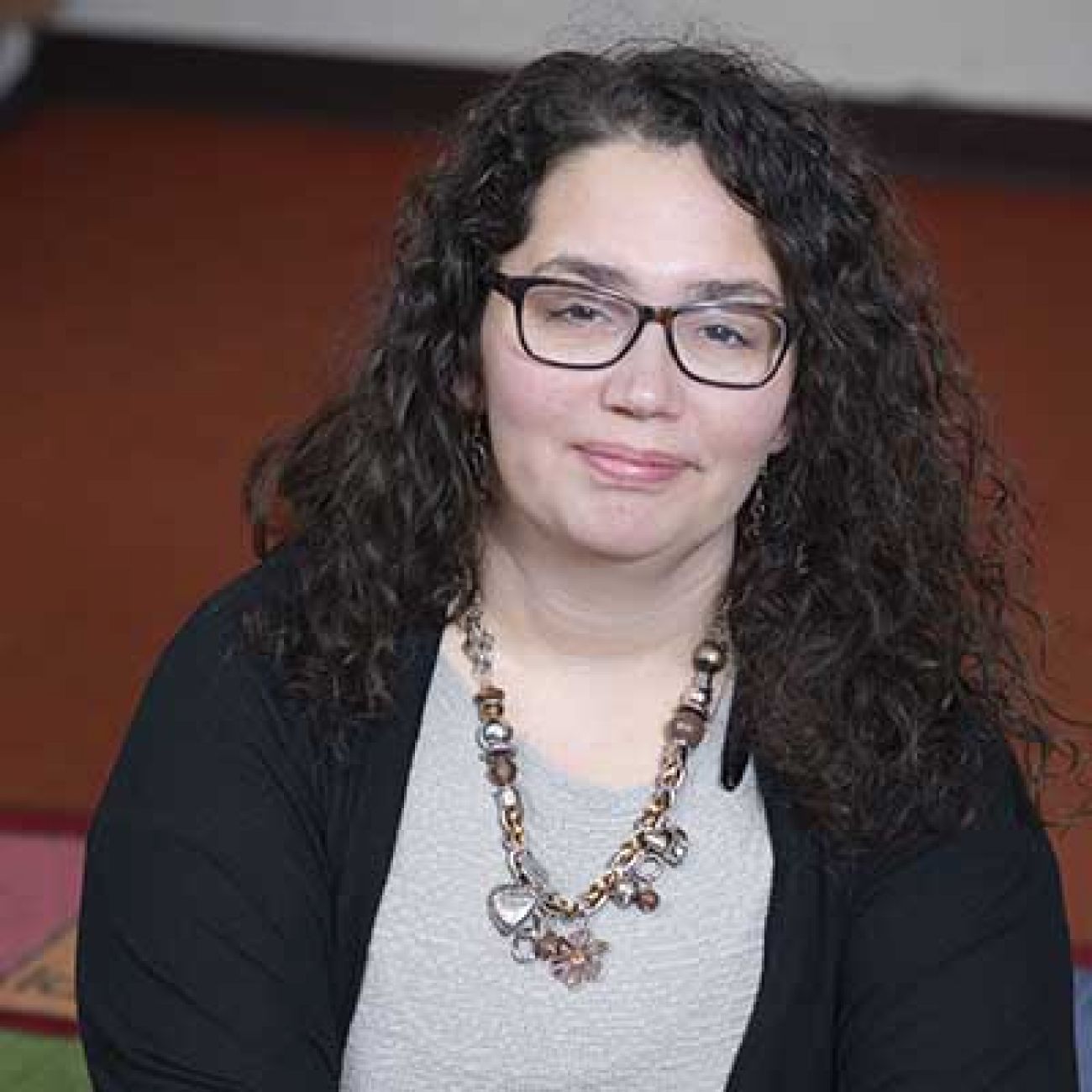Overcoming fear and disrespect to help students succeed

by Cara Lougheed
The first day of school this year was the most nerve wracking I’ve experienced in my 22 years as a teacher.
Rather than the pandemic, my nerves had everything to do with starting the school year teaching to a computer screen.
My anxiety didn’t lie in mastering the technology; rather, it was that I wouldn’t be able to do my best work in this environment.
For the first time in a long time, I found myself doubting my ability to meet the unique needs of my students. Since then, almost every day I either think I’m not doing enough or overcompensating and overwhelming my students. I constantly ask myself: “What am I not doing?” “What am I missing?”
For me, this was a jarring juxtaposition to the prior school year.
I was named Michigan’s 2019-20 Teacher of the Year for my work teaching English and history at Rochester’s Stoney Creek High School. I was honored to travel the state meeting with educators and students, sharing the amazing work happening in our public schools. Last March, I had just come from meeting the other State Teachers of the Year and was looking forward to seeing them again on upcoming trips.
Then, the pandemic struck. Suddenly, educators had no access to classrooms or the tools we rely on to help students succeed. With nearly zero direction, educators were forced to adapt to conditions outside our control with the same expectations to prepare students for college and careers.
No one who works in education wants to be separated from students. Yet, some constantly opine that educators have used the pandemic as an excuse to kick back and do nothing for the past 12 months. To say I take great offense to that false narrative is a gross understatement — we haven’t stopped working since day one of the pandemic. That’s not who we are as a profession.
Adding insult to injury, educators hear a constant rallying cry to get kids back in the classroom, health and safety be damned. That mentality — promoted by those who have never stepped foot in a classroom to teach, let alone during a pandemic — sidelined any concern for the well-being of teachers, support staff and other public school employees, in addition to that of our students, families and communities.
We have a moral and ethical obligation to make stopping the spread of COVID-19 our top priority. Every day, our schools and the people who work in them are charged with nurturing and protecting our future. As an educator, I’m trained in Maslow’s Hierarchy of Needs — put simply, human beings can’t learn if their basic needs for mental and physical safety aren’t met first. Therefore, following CDC recommendations to stop the coronavirus isn’t something we can choose to ignore due to inconvenience or budget constraints — it is an educational imperative.
From there, the academic challenges are real for our students. However, we must remember that the world largely stopped for the past year, and this pandemic isn’t over. Over time, our students will recover from the interruption to their learning and educators need the support, respect and tools to get that job done.
However, what we seem to get is far from that helpful: more mandates, more standardized tests, more paperwork, and more partisan bickering over distributing the funding needed to do the job at hand.
Dealing with this noise day in and day out is exhausting. Our mission as educators is to help our students succeed in school and beyond. We never signed up to be political pawns with our health and safety as an afterthought.
Despite these challenges, I’ve never been prouder to be a teacher. I’ve seen my colleagues repeatedly overcome every obstacle, roll with every (gut) punch, and readjust plans again and again to meet the needs of our students.
As always, Michigan’s educators remain committed to our students, and we will continue to put them first, pandemic or not.
Cara Lougheed is a teacher at Stoney Creek High School in Rochester and is the 2019-20 Michigan Teacher of the Year.
Editor’s Note: MEA is committed to helping members raise their voices for safety in returning to school. This piece is one of several written by MEA members sharing their thoughts and concerns, as published in Chalkbeat. Stay tuned to MEA.org and local media outlets for more, or read past pieces on Member Voices.


